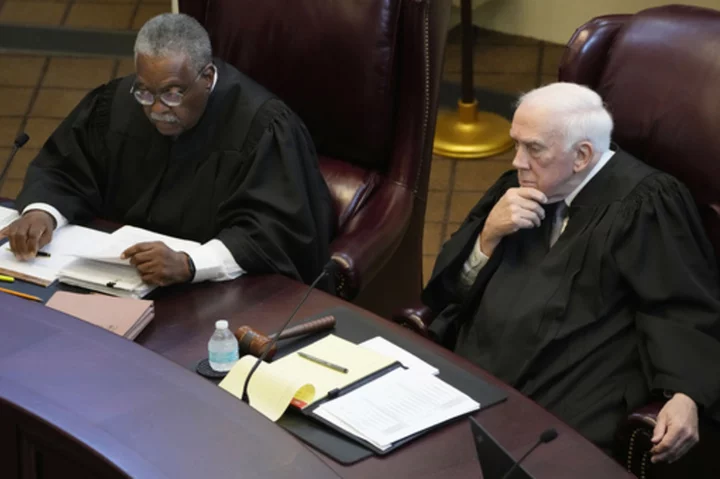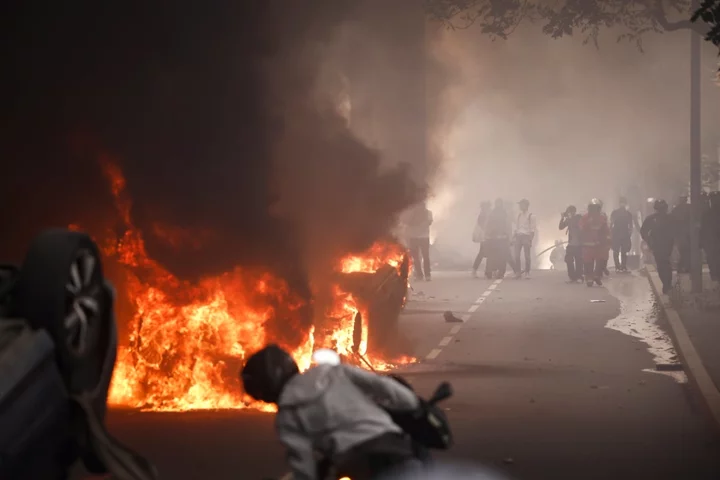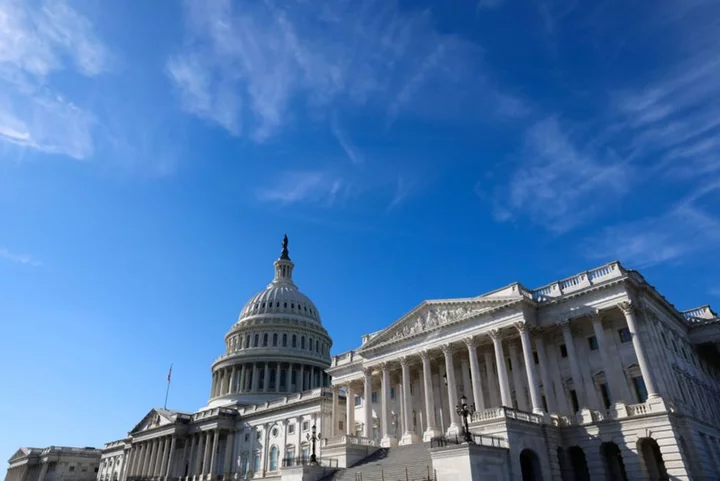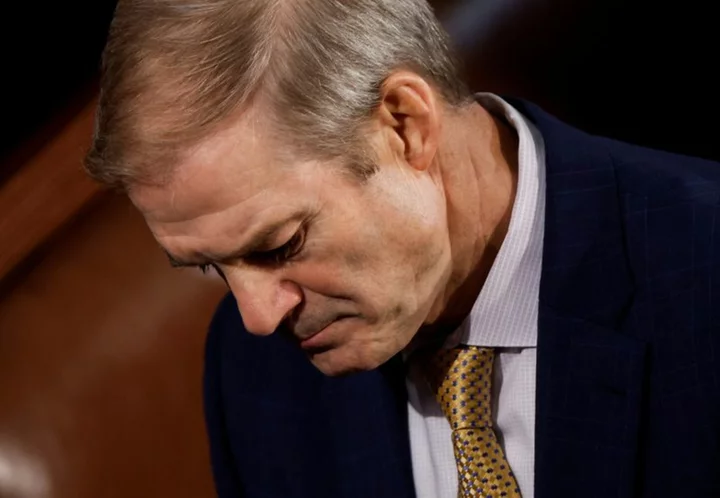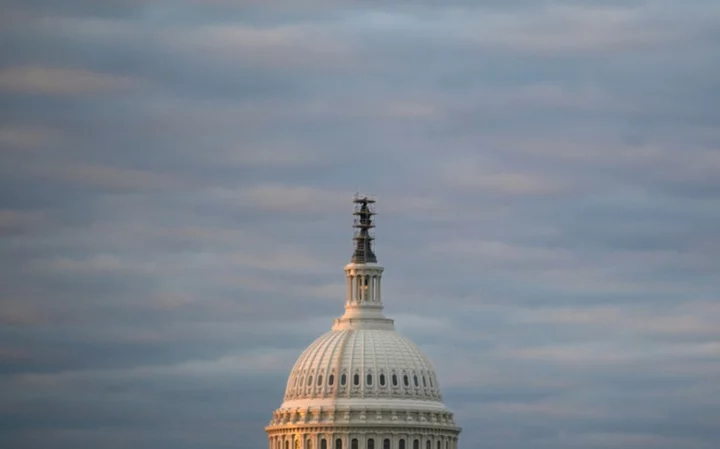JACKSON, Miss. (AP) — The Mississippi Supreme Court heard arguments Thursday about a state law that has sparked a monthslong dispute over whether white state officials are stomping on local self-governance in the state's majority-Black capital city, Jackson.
Cliff Johnson, an attorney for a group of Jackson residents, argued that justices should block the law, which authorizes the appointment of some judges in a state where most judges are elected. Johnson said the Mississippi Constitution requires the election of circuit judges, who hear civil and felony cases.
The new law requiring the appointment of judges “runs roughshod” over that mandate, Johnson told the high court.
Solicitor General Scott G. Stewart of the Mississippi attorney general's office said legislators acted properly when they created a new court with one appointed judge in part of Jackson, and in requiring that four appointed judges will work temporarily alongside the four elected judges in Hinds County, where Jackson is located.
“No elected judge is being knocked out of their position," Stewart said.
The law stipulates that all five of the judicial appointments would be made by Mississippi Supreme Court Chief Justice Mike Randolph. The three Jackson residents sued Randolph and two other officials, and Randolph recused himself from hearing arguments Thursday.
Although race has been a big part of legislative and public debate about the law, it was not a central issue during the courtroom arguments Thursday.
Legislators voted this year to expand the territory of the state-run Capitol Police department in Jackson, to create the new court and to authorize the appointed circuit judges in Hinds County. Supporters said they were trying to improve safety in the city of about 150,000 residents, which has had more than 100 homicides in each of the past three years.
Opponents of the new law said the majority-white and Republican-controlled Legislature and Republican Gov. Tate Reeves were usurping local autonomy in Jackson and Hinds County, which are both majority-Black and governed by Democrats.
In response to justices' questions about a crowded court docket delaying trials in Hinds County, Johnson said legislators could create new positions for elected judges.
“We recognize the problems that arise when cases don’t move, particularly criminal cases and the human cost of having people sit in jail waiting for their case to go to trial,” Johnson said.
The Mississippi Constitution allows legislators to create “inferior” courts with fewer powers than a circuit court. During Thursday's hearing, Justice Jim Kitchens pushed back on lawmakers' assertion that the new court in the Capitol Complex Improvement District is an inferior court with powers equivalent to a municipal court.
Most misdemeanor cases are handled in municipal courts, and people convicted there are sentenced to city or county jail. The new law specifies that the judge in the Capitol Complex Improvement District court would sentence people to a state prison for a misdemeanor conviction.
“There is not a municipal court in Mississippi that can put somebody in a state prison for a misdemeanor, is there, sir?” Kitchens asked.
Stewart replied: “Until this point, your honor.”
In May, Hinds County Chancery Judge Dewayne Thomas dismissed the Jackson residents' lawsuit days after he removed Randolph as a defendant. Thomas wrote that appointing judges does not violate the Mississippi Constitution.
A separate lawsuit filed by the NAACP challenges the appointment of judges and the expansion of the state police role in Jackson, arguing that the law creates “separate and unequal policing” for the city compared to other parts of Mississippi. U.S. District Judge Henry Wingate has temporarily put the law on hold, and he also removed Randolph as a defendant.
Last week, Wingate blocked a related law that would require people to receive permission from state public safety officials before holding protests near the Capitol or other state government buildings in Jackson. Wingate wrote the law is vague and could have a chilling effect on First Amendment rights, particularly for people demonstrating against government actions.

